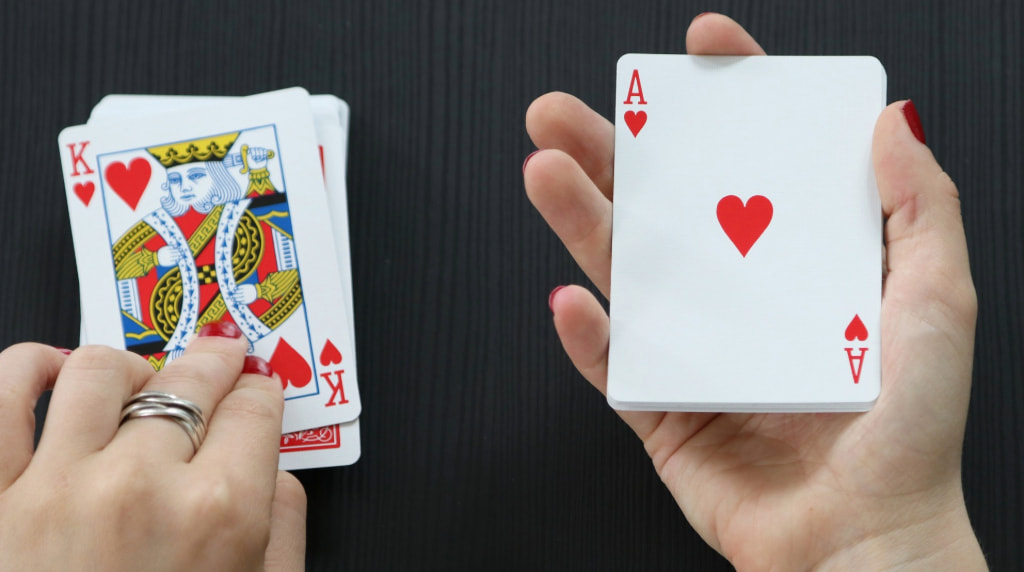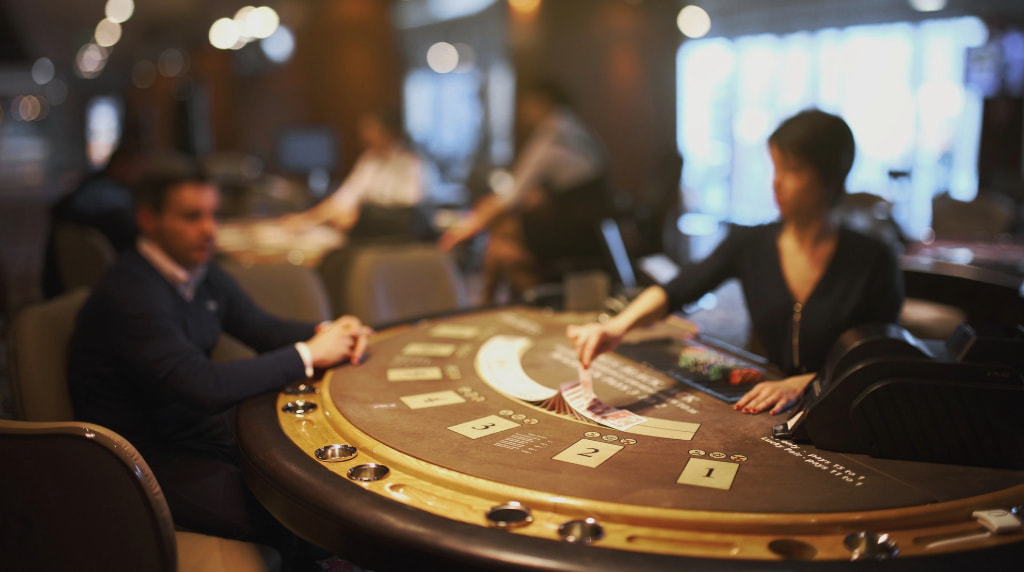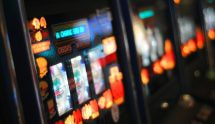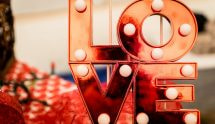Insurance in Blackjack: How the Side Bet Works
Many blackjack games offer optional side bets alongside the game’s main bet. The most common of these is insurance, which can give you a payout if the dealer has a natural blackjack.

Explaining the insurance bet in blackjack © top10-casinosites, Pixabay
What Is the Insurance Side Bet in Blackjack?
To take part in a game of blackjack, you have to place the main bet. This pays out if you beat the dealer to 21 without going over 21 yourself. Most blackjack games also offer optional side bets.
The most common one you’ll come across is insurance. This side bet is designed to give you a payout if the dealer is going to win the game by getting a natural blackjack, i.e. 21 with their first two cards.
So how does insurance work in blackjack? It’s only offered if the dealer’s face-up card is an ace. The ace can count as 1 or 11. If the dealer’s other card is worth 10, their hand would be worth 21.
If you go for insurance, you place a wager equal to half your original bet. The dealer checks their second card after all players have had a chance to place insurance. If it’s worth 10, insurance pays 2:1.
You lose your insurance bet if the dealer’s second card is worth 9 or less. This is because in this case, the dealer’s hand would not equal 21. If the dealer doesn’t have 21, the game continues as normal.
Most online versions of blackjack offer the insurance bet if the dealer’s first card is an ace. Note that this bet is never offered if the face-up card is worth 10.
If you join one of the best blackjack casino sites in the UK, you should find plenty of games where you can place the insurance side bet. These sites have plenty of animated and live blackjack games waiting to be played.
An Example of Blackjack Insurance
Let’s say you’re playing blackjack, and you spend £10 on the main bet. Your two cards are 6 and 7, which give your hand a total worth of 13. The dealer’s face-up card is an ace.
You’re given the opportunity to place the insurance bet and decide to go for it. The cost of doing this is £5, i.e. half the size of the bet you placed to join the game.
The dealer then reveals their second card, which is a king. Since face cards are worth 10 in blackjack, the dealer has a hand worth 21. Your insurance bet pays 2:1, so you earn £15 in total.
This is made up of your original insurance wager (£5) plus £10 in winnings. As for your original £10 bet, you lose it since the dealer won the game by getting 21.
The £10 loss from losing the main bet and the £10 winnings you earn from the insurance side bet cancel each other out. Since your insurance wager gets returned to you, the result is that you break even.
In other words, winning the insurance bet doesn’t make you a profit though it prevents you from losing money, provided of course that the dealer has 21.
When to Place the Insurance Side Bet
Now you have a good idea of what is insurance in blackjack, we’ll look at when you should place the bet. Generally speaking, the insurance bet isn’t worth placing over long-term play.
This is because of two reasons. The first is that when the dealer’s face-up card is an ace, there’s only a 31% chance that the face-down card is worth 10. Also, insurance doesn’t give you a profit.
As seen in the example above, if you place the insurance side bet and win it, you don’t lose any of the money you started with. But you don’t win any money either.
Even so, insurance can still be worthwhile because it prevents you from losing money. The 31% chance of winning the insurance bet isn’t that high, but it’s not ridiculously low either.
Overall, though, insurance isn’t worth placing. Statistically speaking, you’ll end up losing money from it over long-term play. It can help in the short term, but you have to be lucky for this to happen.
Even Money in Blackjack
We’ve discussed how insurance is offered if the dealer’s face-up card is an ace. When talking about the bet, we’ve assumed that you, the player, have a hand worth 20 or less.
But what if you get a natural blackjack, i.e. a hand worth 21? In this case, if the dealer’s face-up card is an ace, you’ll be offered the even money bet.
Like insurance, it costs half the amount of your original wager. If you place it and the dealer has 21 too, your original bet will be returned and you’ll win 2:1 on the even money bet.
If the dealer’s hand doesn’t add up to 21, you’ll be paid 3:2 on the original bet and lose the even money bet. While insurance isn’t worthwhile in the long run, is the even money bet?
Let’s say your main bet is £10 and you place the even money bet for £5. The dealer reveals their second card and it’s 10, giving them a total hand value of 21.
In this case, your original £10 bet will be returned and your £5 even money bet will win a 2:1 payout. This means you’ll earn £15, of which £10 is winnings and £5 is the original even money bet.
Therefore, you’ll end up with a profit equal in size to your main bet. If the dealer doesn’t have 21, you get paid 3:2 on your main £10 bet, so you end up with a payout of £25.
This £25 is made up of your main wager (£10) and £15 in winnings. However, you lose the even money bet (£5), which when taken off the £15 winnings gives you overall winnings of £10.
If your main bet is 1 unit (£10), you make a profit of 1 unit whether the dealer has 21 or not. While this may make the even money bet seem tempting, like insurance it’s not worth placing in the long run.
Summary
Blackjack insurance is a side bet designed to give you some protection if the dealer’s first two cards add up to 21. While it may seem tempting, it’s best avoided because it won’t earn you money in the long run.
The same goes for the even money bet. If you do want to try these bets out, play free blackjack demos online and see how they work for you. These let you play and try features without risking your money.

 Seasons and The Effects They Have on Online Casinos
Seasons and The Effects They Have on Online Casinos
 Our Favourite New Slots and Where to Play Them in March 2026
Our Favourite New Slots and Where to Play Them in March 2026
 New Online Casino Games Coming Out in 2026
New Online Casino Games Coming Out in 2026
 Valentine’s Day Online Slot Games
Valentine’s Day Online Slot Games